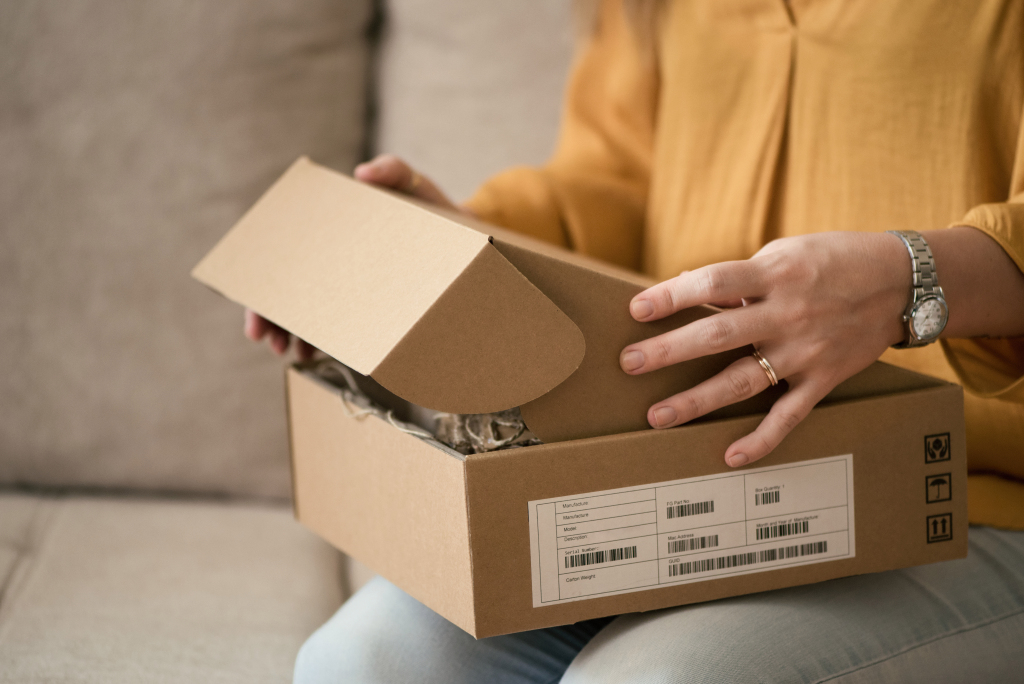RIO DE JANEIRO, BRAZIL – Since the start of the pandemic six months ago, many families have embraced a widespread custom: buying online. The requirement during quarantine with stores closed has led e-commerce to grow almost 57 percent in Brazil this year up to August, well above the recent average of 20 percent per year.
Now, the challenge of the e-commerce giants in Brazil is to sustain and broaden their customer base with the reopening of stores. To do so, companies have understood that they need to solve the oldest bottleneck in the sector: the delivery time of their products.
The average time of deliveries in the country rose during the pandemic and reached 11.8 days in June, according to data from Nielsen consulting. Reducing these deadlines is the main dispute among online retailers.

The battle in Brazil is being fought by giants such as Magazine Luiza, Mercado Livre, Via Varejo, and B2W, and became even more fierce with the expansion of activities by the American Amazon, a global power in online sales.
These companies’ strategy is to invest in technology through partnerships and acquisitions of startups or in logistical innovations, such as the use of physical stores as small distribution centers.
Partnering with small carriers and renting large supply centers in major markets has also helped companies get to the consumer’s doorstep faster, rather than frustrating them with a long wait for a product.
Source: O Globo

